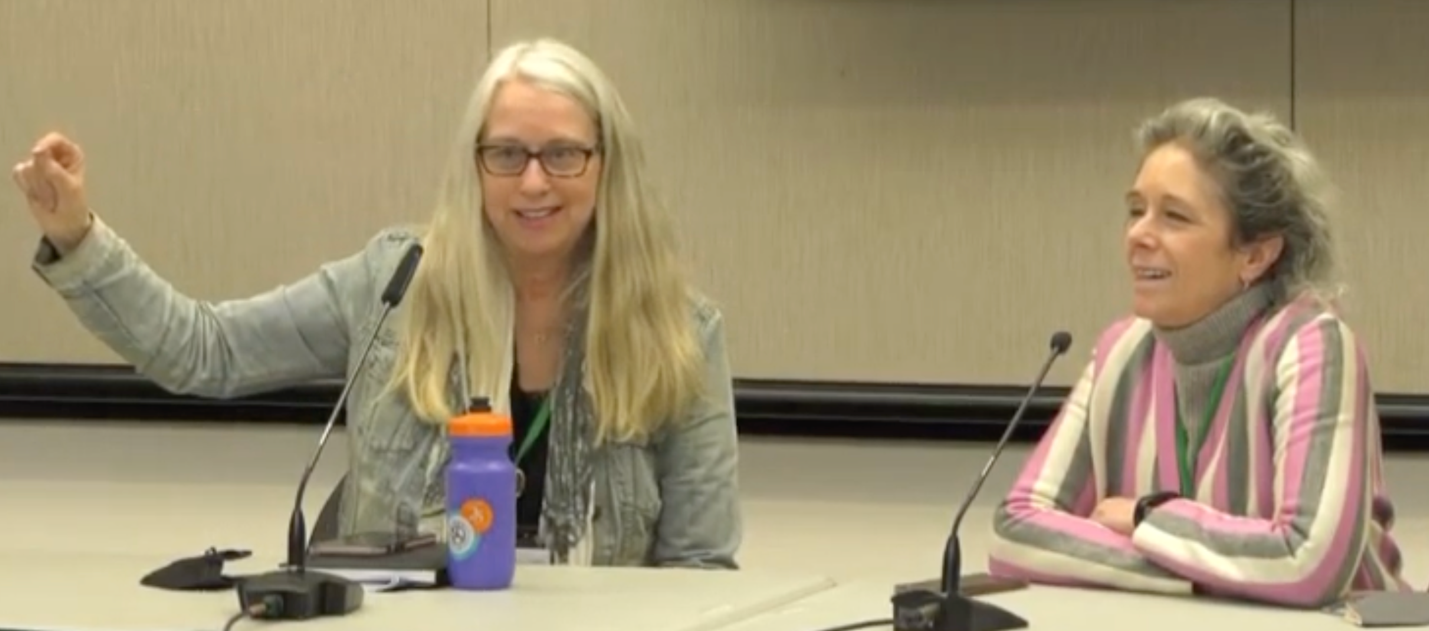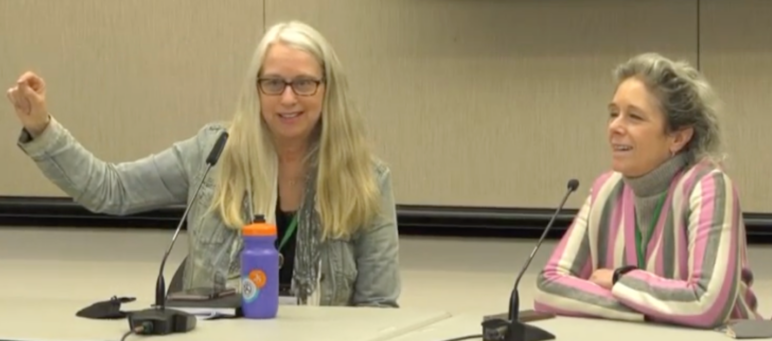The conversation shared below was part of the YIMBYtown 2022 conference, cohosted by Sightline Institute and Portland: Neighbors Welcome.*
What role does the establishment of community land trusts (CLTs) play in the movement for more abundant housing? How can CLTs provide homes for folks not served by traditional market-rate housing, and how do they help stabilize a community undergoing gentrification and displacement?
Diane Linn, executive director of Proud Ground, and Kathleen Hosfeld, executive director of Homestead Community Land Trust, explain how CLTs work and how advocacy for housing abundance and advocacy for CLTs go hand in hand. They walk through their respective organizations’ work to achieve their common goal of permanently affordable homes for working families or households, with an eye on environmental sustainability, racial equity, and anti-racist, anti-oppression, and anti-displacement policies.
Related:
- The Role of Community Land Trusts in Cascadia’s Quest for Affordable Housing
- Community Land Trusts Are Providing a Solution to Gentrification
*YIMBYtown 2022 occurred April 11–13 in Portland, Oregon, the fourth annual gathering (after some COVID delays) of “Yes in My Back Yard” (YIMBY) community leaders, organizers, planners, policymakers, educators, and housing providers eager to share resources and strategies for building more affordable, sustainable, and equitable communities.









